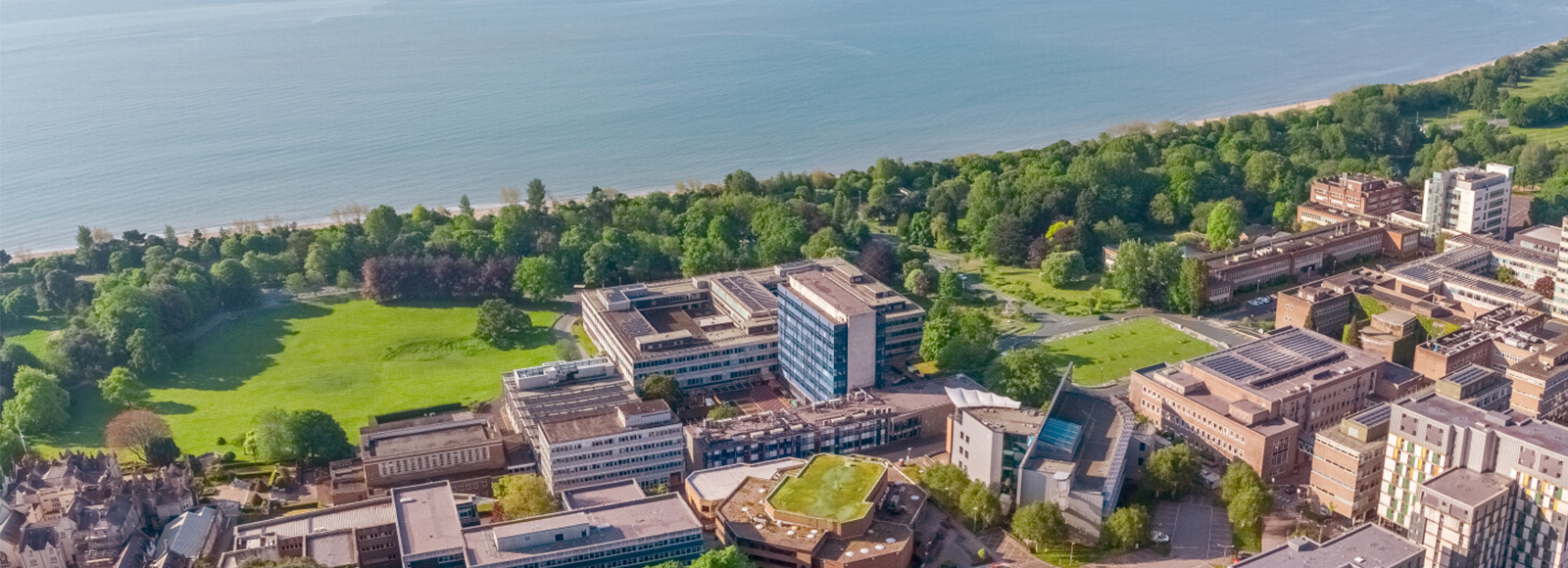- ...
Masters Compare - Find your perfect masters course.


Closing date: 24 April 2024
Funding providers: EPSRC and Swansea University’s Faculty of Science and Engineering
Subject areas: Electronic and electrical engineering, physics and biomedical engineering
The research is at the forefront of developing innovative solutions for wireless power transfer systems tailored for medical implant devices. This interdisciplinary research will involve the integration of power electronic converters and machine learning algorithms to enhance the efficiency, reliability, and safety of power delivery to medical implants.
Project start date:
Supervisors:
Aligned programme of study: PhD in Electronic and Electrical Engineering
Mode of study: Full-time
Project description:
Implantable medical devices (IMDs) are gaining popularity in the health and medical sectors because of their vast applications, such as cardiac pacemakers, artificial hearts, defibrillators, coronary stents, intraocular lenses, hip implants, orthopaedic implants, and implantable glucose sensors. Traditionally, these IMDs are battery-dependent with limited life span hence surgery is required to replace the battery, which is the biggest source of distress in patients. A wireless power transfer (WPT) system can prove to be an excellent alternative that acts as a wireless charger to the medical implants.
However, there are many considerations when designing a WPT system. For example, the distance between power transmitter and position of the IMD inside the human body, the operating frequency and its effect on the body’s tissue, and size of the WPT system are some of the major considerations. Therefore, the research into WPT system consists of optimizing the size and geometry of the coils of transmitter and receiver, appropriate material selection for the coil, finding the optimal operating frequency, improving the quality factor of the inductors and selection of best performing compensation capacitor to enhance the efficiency of the system.
Aims:
Facilities:
The electronic laboratory, where the project will be undertaken, has many state-of-the-art instruments and equipment, such as PCB design and fabrication tools as well as signal acquisition equipment, to ensure good research outcomes.
For more details please see here: https://www.swansea.ac.uk/postgraduate/scholarships/research/electronic-electrical-engineering-epsrc-su-phd-wireless-2024-rs581.php
Candidates must hold an undergraduate degree at 2.1 level (or Non-UK equivalent as defined by Swansea University) in Engineering or similar relevant science discipline. If you are eligible to apply for the scholarship (i.e. a student who is eligible to pay the UK rate of tuition fees) but do not hold a UK degree, you can check our comparison entry requirements (see country specific qualifications). Please note that you may need to provide evidence of your English Language proficiency.
Desirable:
Due to funding restrictions, this scholarship is open to applicants eligible to pay tuition fees at the UK rate only, as defined by UKCISA regulations.
If you have any questions regarding your academic or fee eligibility based on the above, please email [email protected] with the web-link to the scholarship(s) you are interested in.
This scholarship covers the full cost of UK tuition fees and an annual stipend at £19,237.
Additional research expenses will also be available.
To apply, please complete your application online with the following information:
1. Course choice – please select Electronic and Electrical Engineering / PhD / Full-time / 3 Year / October (or January)
In the event you have already applied for the above programme previously, the application system may issue a warning notice and prevent application, in this event, please email [email protected] where staff will be happy to assist you in submitting your application.
2. Start year – please select 2024 (or 2025)
3. Funding (page 8) –
*It is the responsibility of the applicant to list the above information accurately when applying, please note that applications received without the above information listed will not be considered for the scholarship award.
One application is required per individual Swansea University led research scholarship award; applications cannot be considered listing multiple Swansea University led research scholarship awards.
We encourage you to complete the following to support our commitment to providing an environment free of discrimination and celebrating diversity at Swansea University:
As part of your online application, you MUST upload the following documents (please do not send these via email). We strongly advise you to provide the listed supporting documents by the advertised closing date, where possible:
Informal enquiries are welcome, please contact Dr Anwar Ali ([email protected]).
*External Partner Application Data Sharing – Please note that as part of the scholarship application selection process, application data sharing may occur with external partners outside of the University, when joint/co- funding of a scholarship project is applicable.
Due to funding restrictions, this scholarship is open to applicants eligible to pay tuition fees at the UK rate only, as defined by UKCISA regulations.

Discover a range of postgraduate research funding opportunities at Swansea University Now more than ever, we recognise the importance of offering a ...